The ancient Chinese believed that even though the deceased had passed on to the afterlife , they still lived a life like they did on earth. Therefore, when burying them, the ancients often placed many valuables and belongings in the grave. That is why thieves often choose graves as targets to make money.
The tomb of Yan Juguang, a famous Zen master of the Ming Dynasty, was also “visited” by grave robbers. After his death, this monk was not cremated but buried at Tianla Mountain, Longchang City, Sichuan Province.

The ancient tomb of Zen master Nghiem Cu Quang was damaged and had no value. (Photo: Sohu)
In 2009, his tomb was ranked as a key cultural relic of the city. Archaeologists decided to excavate his tomb for inspection because according to historical records, his tomb had been robbed.
However, after much effort to open the tomb, the archaeologists realized that the Zen master's tomb was very small. It was only about 6 meters long and 3 meters wide. The tomb door was damaged, the wall patterns were faded and worn. Inside was completely empty, without any valuable objects, the archaeologists only found a stele recording the life of Zen master Nghiem Cu Quang.
While trying to find other relics, the experts suddenly heard a noise coming from the tomb. They decided to run there to investigate and when they shined a flashlight, 4 blue spots flashed and the shadow of the “monster” rushed out.
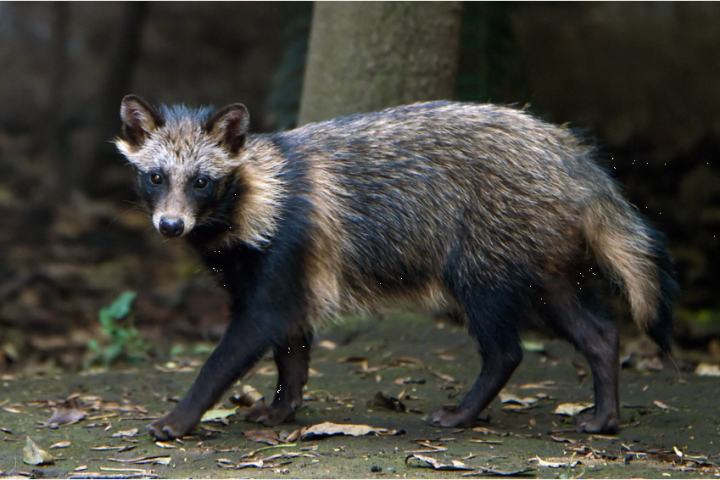
In an ancient tomb, archaeologists accidentally found two raccoon dogs that were once considered extinct. (Photo: AFP)
Before people could come to their senses, they had already disappeared into the darkness without leaving a trace. Luckily, some people managed to take a few photos of them. After leaving the grave, they developed the photos. Biologists confirmed that the “monsters” in the photos were just two raccoon dogs. It turned out that the four green lights that archaeologists saw were just their eyes.
Strangely enough, the raccoon dog was considered extinct 50 years ago. The cause of their extinction was indiscriminate hunting by humans.
Quoc Thai (Source: Sohu)
Useful
Emotion
Creative
Unique
Source



![[Photo] Keep your warehouse safe in all situations](https://vphoto.vietnam.vn/thumb/1200x675/vietnam/resource/IMAGE/2025/10/1/3eb4eceafe68497989865e7faa4e4d0e)

![[Photo] President of the Cuban National Assembly visits President Ho Chi Minh's Mausoleum](https://vphoto.vietnam.vn/thumb/1200x675/vietnam/resource/IMAGE/2025/10/1/39f1142310fc4dae9e3de4fcc9ac2ed0)

![[Photo] Hanoi morning of October 1: Prolonged flooding, people wade to work](https://vphoto.vietnam.vn/thumb/1200x675/vietnam/resource/IMAGE/2025/10/1/189be28938e3493fa26b2938efa2059e)
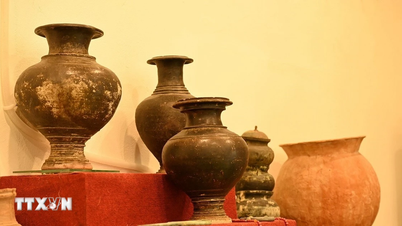



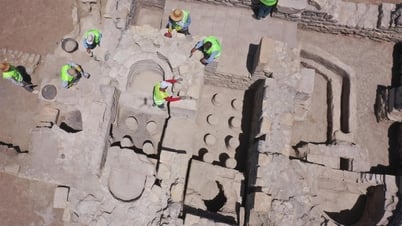

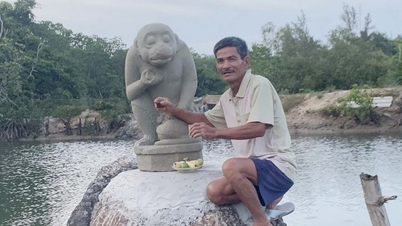
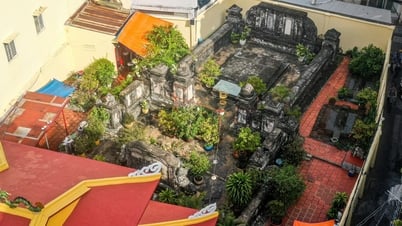
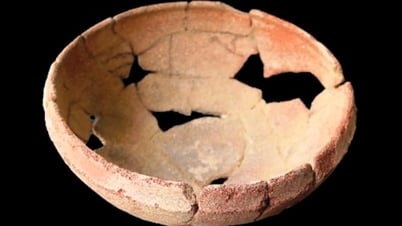

















































































Comment (0)